Chairmen of the U.S. House’s most-coveted committees—the so-called “A” committees that include Appropriations, Energy and Commerce, Financial Services, Rules, and Ways and Means—are each expected to raise at least $1.2 million for the National Republican Congressional Committee (NRCC) to satisfy the “party dues” slapped on members by GOP leaders. Less-coveted gavels on “B” committees like the Transportation and Infrastructure Committee come with a price tag of $875,000 for House Republicans.
And it isn’t just chairmen, or just Republicans, who have to pay the piper. Merely to earn a slot on a coveted committee, a member is expected to fulfill certain party fundraising expectations. Party dues, it is important to note, are completely separate from and in addition to funds each member must raise for his or her own personal campaign.
Such fundraising stipulations essentially serve as a “committee tax,” argues Michael Beckel of Isssue One. In an illuminating new report, Beckel exposes these little-known, but very real fundraising requirements of members of Congress.
Using publicly available fundraising data from the Center for Responsive Politics and the Federal Election Commission, the report thoroughly details how members pay for their committee seats via transfers of fundraising dollars to the national campaign organizations of each party for their respective chamber. The report also includes fundraising totals for many committee chairs and ranking members across committees, as well as the amounts of cash transferred by members to their party’s war chest over four campaign cycles.
Party dues aren’t voluntary. In his first week in Congress, former Rep. David Jolly (R-Fla.) was literally given an invoice of what he owed to the party for the privilege of serving. Former Rep. Trey Radel (R-Fla.) explains how party leaders pressure members to spend more time dialing-for-dollars: “Every time you walk into an NRCC meeting, a giant goddamn tally sheet is on prominent display that lists your name and how much you’ve given—or haven’t. It’s a huge wall of shame.”
The arrangement has simply become the reality of doing business on the Hill. Fundraising is generally accepted as one of the most efficacious means to advance to powerful committee positions and perches in the committee hierarchy, an arrangement that encourages members to spend less time on policy or constituent work and more time placing fundraising calls in a cubicle across the street.
Nor are party dues a GOP-only practice; Democrats also levy a committee tax. During the 2013-2014 campaign cycle, Democratic ranking members serving on one of the “A” committees were told to transfer at least $1.5 million to the Democratic Congressional Campaign Committee (DCCC). Democratic rank-and-file members on the “A” committees were expected to kick in at least $450,000.
Every single member of the House, of both parties, is given a target they are expected to raise for the party. For example, a DCCC internal document itemizes every Democratic member’s party dues and the amount expected to be raised on behalf of the DCCC. Knowing that the opposing party mandates party dues forces the other to follow suit, thereby creating a vicious cycle of mutually assured fundraising destruction.
Beckel argues that, because committee chairs have so much influence in advancing policy, “members of Congress who chair committees should be the most knowledgeable and capable lawmakers.” But the best fundraisers aren’t necessarily policy wonks, which means the basis for selecting chairs has little nexus with the production of voter-pleasing and/or well-informed policy. Moreover, being expected to raise huge sums of money means that chairs are forced to spend a lot of their limited time making fundraising calls, rather than digging into the details of legislation before their committees.
Interested and knowledgeable members may even be deterred from serving on certain committees, where they could best serve the institution and their district, because they know there will be a price to pay. For example, a representative who is a former accountant might have valuable first hand-hand experience to benefit the Ways and Means Committee. However, the expectation she must raise $450,000 for the party could be enough of a disincentive that she would instead take a seat on a committee where her experience provides no value.
Beckel’s research and report provides a great look inside the party organizations and the fundraising demands they place on their members. Such demands have implications not only for how much fundraising time and money is required of each member, but for whom is selected to serve in some of the most important and influential positions in Congress.
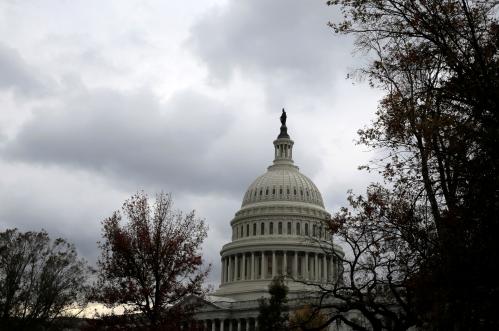
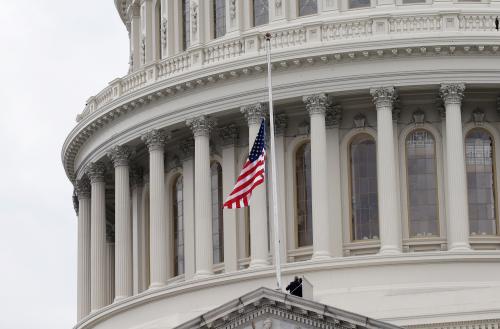
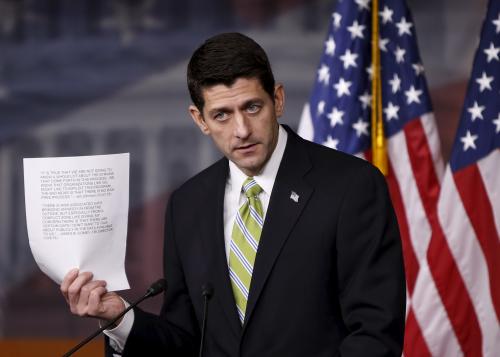
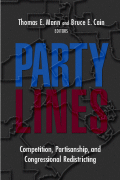
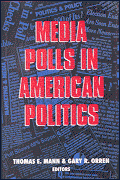

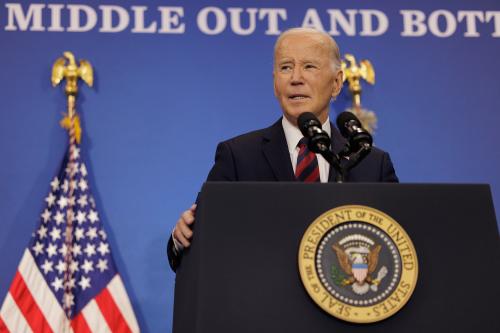

Commentary
Problems with the ‘committee tax’ in Congress
July 21, 2017